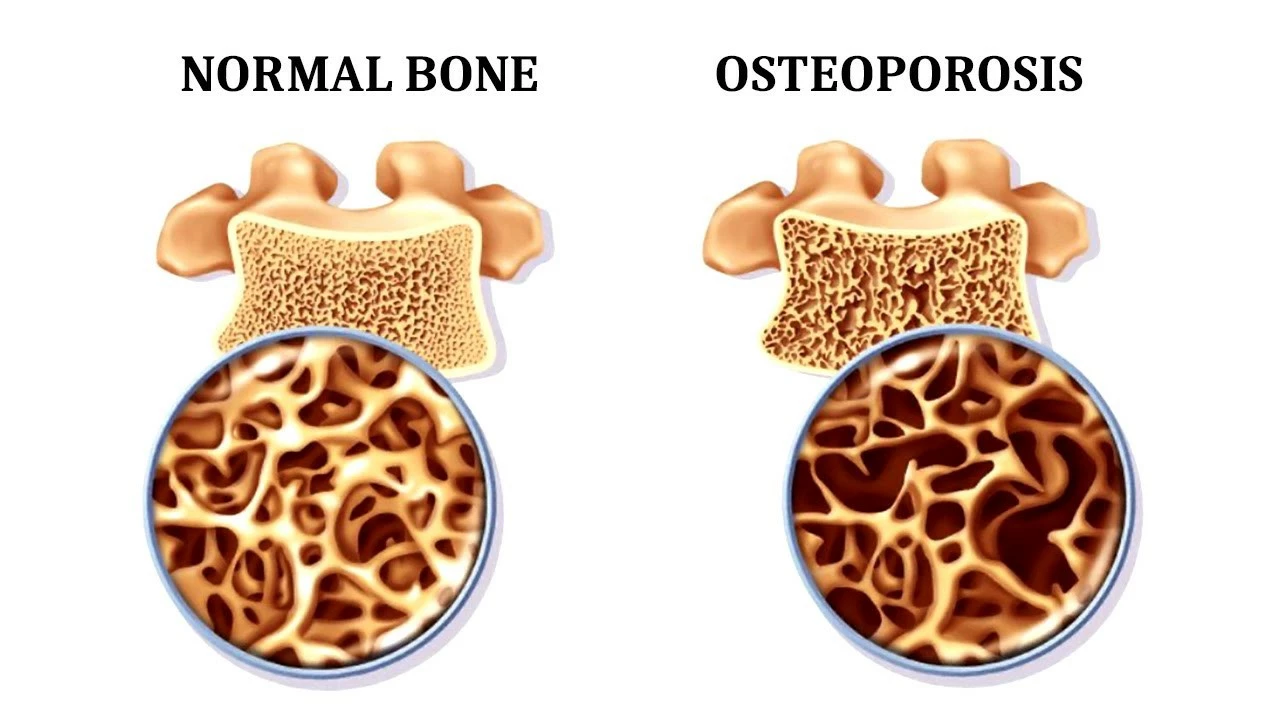Bone health: simple steps to stronger bones
Bone problems sneak up on people. One day you feel fine, the next a small fall causes a fracture. Good news: small, steady changes make a big difference. This page gives clear, practical actions you can start now to protect your bones.
Eat and supplement smart
Calcium and vitamin D are the basics. Aim for about 1,000 mg of calcium daily if you’re an adult under 50; women over 50 and men over 70 should target around 1,200 mg. Get calcium from food first: milk, yogurt, cheese, canned salmon with bones, leafy greens. If you can’t meet needs from food, consider a supplement — but don’t take excessive doses at once. Split doses (e.g., 500 mg twice daily) absorb better.
Vitamin D helps your body use calcium. Typical supplements range from 800 to 2,000 IU daily depending on where you live, your sun exposure, and blood levels. Ask your doctor for a simple blood test (25(OH)D) before taking high doses. Magnesium and vitamin K2 also support bone health, but focus on calcium and vitamin D first.
Move the right way
Weight-bearing cardio (walking, jogging, dancing, hiking) forces your bones to work and stay strong. Aim for 30 minutes most days. Add resistance training 2–3 times a week: squats, lunges, deadlifts, push-ups, or band work. These build muscle and protect bones during everyday tasks. Don’t ignore balance and flexibility—single-leg stands, heel-to-toe walking, and gentle yoga reduce fall risk.
High-impact sports help bone density but aren’t for everyone. If you have joint pain or a history of fractures, pick lower-impact options and work with a trainer or physio who knows bone health.
Limit habits that weaken bones: heavy alcohol, smoking, and very low body weight. Certain medications (long-term steroids, some antiseizure drugs) raise fracture risk—talk to your prescriber about alternatives or protective steps.
Get your bones checked when it matters. A DEXA bone density scan is recommended for women around age 65 and men around 70, earlier if you have risk factors: family history of hip fracture, early menopause, long steroid use, or previous low-trauma fracture. If your scan shows low bone density, your doctor may suggest medication such as bisphosphonates, hormone therapy, or other approved treatments—these can prevent fractures when used correctly.
Finally, reduce fall risks at home: secure rugs, improve lighting, add grab bars where needed, and wear shoes with good grip. Keep routines simple and consistent—daily habits beat occasional effort. If you’re unsure where to start, ask your doctor for a short action plan: diet targets, a safe exercise routine, and whether testing or meds make sense for you.
Want easy reads on related topics? Check the site for articles on supplements, medication guides, and when to consult a specialist. Strong bones are built one practical step at a time.
